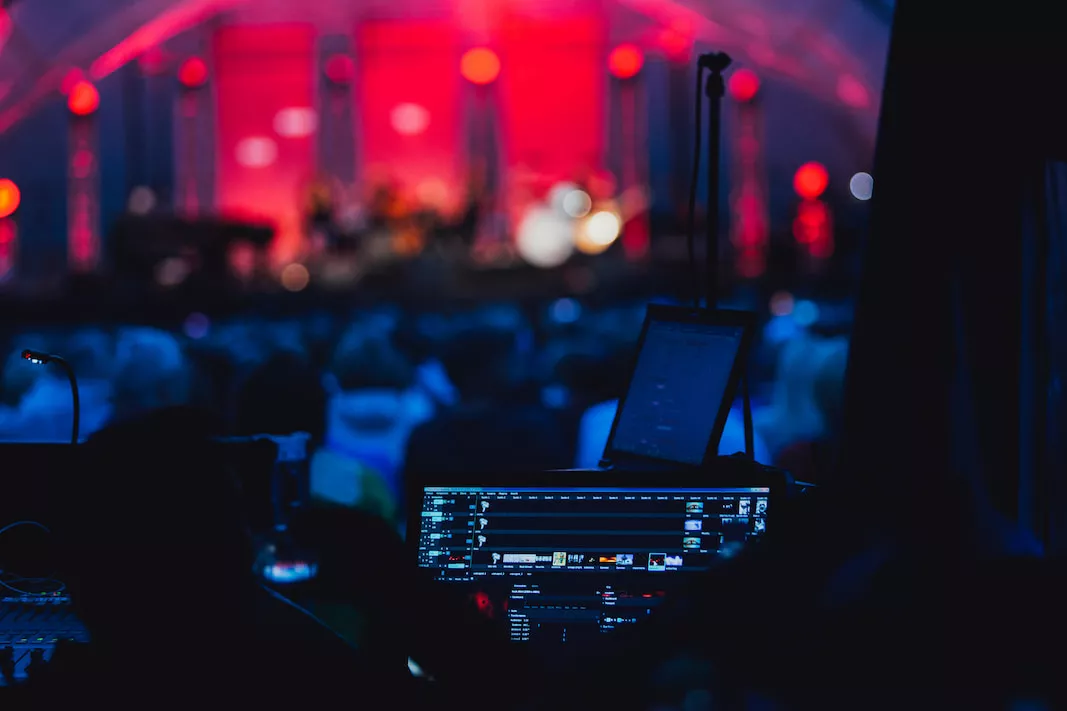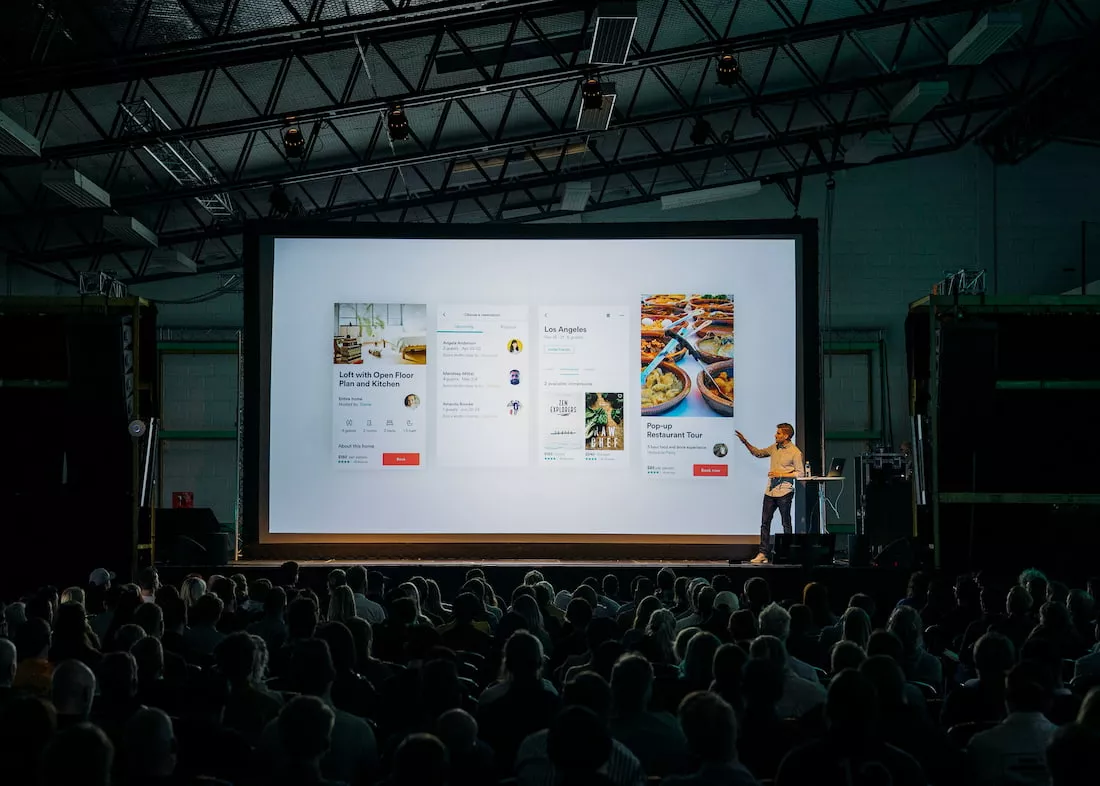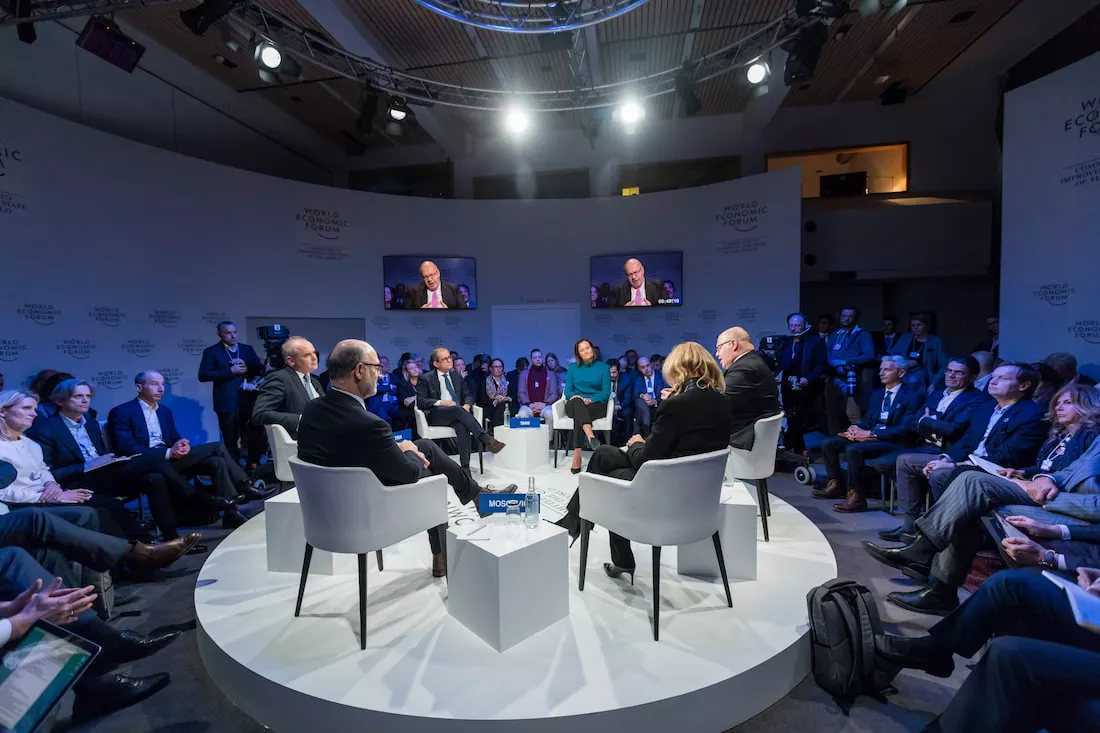One of the most critical decisions event organizers and managers face is choosing the right venue. The venue sets the stage for your event and can greatly impact its success.

Why Choosing the Right Venue is Important
Selecting the right venue is paramount because it directly influences the overall experience of your attendees and the success of your event. Here are a few reasons why.
- Accommodating Your Attendees: The venue should be able to accommodate the number of attendees you expect comfortably. It should have adequate seating capacity, space for networking and socializing, and proper facilities such as restrooms and parking. A crowded or cramped venue can leave a negative impression on your guests and hinder their enjoyment.
- Reflecting Your Event’s Purpose: Different events have different requirements. Whether it’s a formal conference or a product launch, the venue should align with the purpose and theme of your event. The ambiance, style, and amenities complement the overall tone you want to set.
- Enhancing the Event Experience: The right venue can enhance the overall experience for your attendees. A visually appealing venue with excellent facilities can create a positive and memorable experience, leaving a lasting impression on your guests.
- Technical Considerations: Depending on the nature of your event, you may require specific technical capabilities such as audiovisual equipment, high-speed internet, or stage lighting. Ensuring the venue can accommodate these technical needs to support your event seamlessly is important.
- Budget and Logistics: Choosing a venue that fits within your budget is essential. While it’s important to find a venue that meets your requirements, it’s equally crucial to consider the cost and logistics associated with the venue, including rental fees, catering options, and any additional services you may need.
Planning an event? Check out Platinumlist’s advanced event ticketing, management, and marketing solutions to help make your event a success.

When to Start Looking for a Venue
Finding the perfect venue for your event takes time and careful consideration. It’s advisable to start your search as early as possible. Ideally, you should begin looking for a venue at least six to twelve months before your event. Here’s a breakdown of a typical timeline:
- Determine Your Event’s Requirements: Before starting your search, list your event’s requirements. Consider factors such as the date, capacity, location, amenities, and budget. This will help you narrow down your options and streamline the decision-making process.
- Research and Shortlist Potential Venues: Utilize various resources to research and identify potential venues that match your requirements. Online platforms, venue directories, and recommendations from colleagues or industry peers can be valuable sources of information. Create a shortlist of venues that seem promising.
- Schedule Site Visits: Once you have a shortlist of potential venues, schedule site visits to assess each one. Physical visits allow you to see the venue firsthand, evaluate its suitability, and ask any questions you may have. Take note of the ambiance, accessibility, layout, and amenities during your visit.
- Negotiate and Finalize the Contract: After selecting the most suitable venue, negotiate the terms and conditions with the venue management. Pay attention to details such as rental fees, included services, cancellation policies, and any restrictions or additional costs. Once you are satisfied, finalize the contract to secure the venue for your event.

Factors to Consider When Choosing a Venue
When choosing a venue, it’s important to consider several factors to ensure it meets your event’s specific needs. Here are some key factors to keep in mind.
Location
- Access: Choose a venue that is easily accessible for your attendees. Consider the proximity to major highways, public transportation options, and the distance from the nearest airport or train station. If many attendees are traveling from out of town, selecting a venue near transportation hubs can simplify their journey.
- Accommodations: Take into account the availability of nearby hotels or accommodations, especially if your event spans multiple days or requires overnight stays. Having lodging options within close proximity to the venue can enhance convenience for attendees.
Capacity
- Space: Evaluate the available space in the venue and ensure it can comfortably accommodate the anticipated number of attendees. Consider not only the overall capacity but also factors such as seating arrangements and flow of movement. It’s essential to strike a balance between having enough space to avoid overcrowding and maintaining a lively atmosphere.
- Additional Areas: Assess whether the venue can provide additional areas you require, such as breakout rooms for workshops, designated areas for networking, or exhibition spaces for vendors or sponsors. Flexibility in terms of different room options can cater to the diverse needs of your event.
Technical Amenities
- Audiovisual Equipment: Check if the venue provides reliable equipment that meets your event’s requirements. This includes sound systems, projectors, screens, and microphones. Ensure that the equipment is up-to-date and in good working condition.
- Lighting and Staging: Evaluate the venue’s lighting options, as it can significantly impact your event’s ambiance and visual appeal. Assess the availability of stage setups, including risers, podiums, and backdrop options, to enhance the presenter’s visibility and overall event experience.

Ambiance and Style
- Decor and Atmosphere: The venue’s decor and ambiance should align with the theme and purpose of your event. Consider the architectural style, interior design, and overall atmosphere to create the desired mood. A visually appealing venue can elevate the overall experience for attendees and make a lasting impression.
- Well-Maintained Facilities: Ensure that the venue maintains its facilities and keeps them in excellent condition. This includes clean restrooms, well-kept common areas, and properly functioning equipment. A venue that takes pride in its upkeep reflects high professionalism and attention to detail.
Flexibility and Customization
- Space Modification: Determine whether the venue allows for customization and modifications to suit your event’s unique requirements. This may include adjusting seating layouts, rearranging furniture, or adding decorations. The flexibility to transform the space according to your vision can enhance the event’s atmosphere and branding.
- Vendor and Catering Options: Check if the venue has any restrictions on outside vendors or catering services. If you have specific preferences or established relationships with vendors, ensure that the venue permits their participation. Alternatively, explore the venue’s in-house services and preferred vendors to see if they align with your needs.
[pl_block id=”370″]
Budget
- Transparent Pricing: Inquire about the venue’s rental fees, additional charges, and any hidden costs upfront. Request a detailed breakdown of the pricing structure to understand what is included in the package clearly. This will help you accurately assess if the venue fits within your budget.
- Negotiation: Don’t hesitate to negotiate with the venue to find a mutually beneficial agreement. Depending on factors such as the event’s date, duration, or any additional services required, you can strike a better deal than the one offered in the initial stages.
Venue Layout and Configuration
- Number and Size of Rooms: Assess whether the venue has enough rooms or halls to accommodate different aspects of your event, such as registration, breakout sessions, or speaker preparation areas. Having dedicated spaces for each function can contribute to a smooth flow and organization.
- Seating Arrangements: Consider the flexibility of the venue’s seating arrangements. Can they accommodate different seating styles like classrooms, theater, or round tables? Ensure that the seating arrangements allow for optimal visibility and interaction, depending on the nature of your event.
- Foot Traffic Flow: Evaluate the venue’s layout to ensure that foot traffic can move efficiently between different areas, such as the entrance, breakout rooms, exhibitor booths, and restrooms. A well-designed flow will prevent congestion and promote a seamless experience for attendees.

Safety and Accessibility
- Safety Regulations: Confirm that the venue adheres to all necessary safety regulations, such as fire codes and occupancy limits. Check for clearly marked emergency exits, fire extinguishers, and easily accessible emergency contact information.
- Accessibility for Disabilities: Ensure the venue is accessible for individuals with disabilities. Look for features such as wheelchair ramps, elevators, accessible restrooms, and designated parking spaces. Consider accessibility within the venue and in outdoor areas, such as gardens or outdoor event spaces.
Reputation and Experience
- Event Experience: Inquire about the venue’s experience in hosting events similar to yours. Ask for examples of past events they have hosted and the types of organizations they have worked with. A venue with relevant experience can offer valuable insights and expertise in planning and executing your event.
- References and Testimonials: Request references or testimonials from previous clients to gauge their satisfaction and the overall quality of service provided by the venue. Hearing about other organizers’ experiences can help you make an informed decision.
Event Support and Services
- Event Planning Assistance: Determine if the venue offers event planning assistance or has an on-site coordinator to guide you through the planning process. Their expertise can be invaluable in coordinating logistics, recommending vendors, and ensuring a seamless event experience.
- Technical Support: Inquire about the availability of technical staff who can assist with audiovisual setups, troubleshoot technical issues, or handle last-minute equipment requests. Having dedicated technical support can save you time and alleviate potential technical glitches during your event.
You Might Also Like: How To Plan An Event – A Complete Guide
Parking and Transportation
- Parking Facilities: Evaluate the availability and capacity of parking facilities at or near the venue. Consider whether the venue offers complimentary parking or discounted rates for event attendees. If parking is limited, explore alternative parking options nearby or provide attendees with information on public parking garages or transportation alternatives.
- Transportation Options: Assess the venue’s accessibility via public transportation, such as buses, trains, or subways. Determine if the venue provides shuttle services or can recommend transportation companies for airport transfers or transportation between hotels and the venue. Providing convenient transportation options can enhance attendee convenience and reduce logistical challenges.
Catering Options
- In-house Catering: If the venue offers in-house catering, inquire about their menu options, pricing, and the flexibility to accommodate dietary restrictions or preferences. Request a tasting session to assess the quality of the food and ensure it aligns with your event’s culinary expectations.
- Outside Catering: If the venue has restrictions on outside catering, understand the reasons behind the policy and evaluate whether it aligns with your needs. If you have a specific caterer in mind, inquire about the venue’s flexibility or explore the possibility of obtaining an exception.

Venue Regulations and Policies
- Noise Restrictions and Curfews: Be aware of any noise restrictions or curfews imposed by the venue or local regulations. Ensure that the venue’s policies align with the schedule and requirements of your event.
- Alcohol Service: If you plan to have alcohol at your event, understand the venue’s policies regarding alcohol service. Check if they have a liquor license and if there are any restrictions on bringing outside alcohol or using specific vendors for bar services.
Contracts and Insurance
- Reviewing the Contract: Carefully review the venue’s contract before signing. Attention to important details such as payment terms, cancellation policies, liability and insurance requirements, and any additional charges or hidden fees. Ensure you fully understand the terms and conditions before committing to the venue.
- Liability and Insurance: Verify if the venue requires event organizers to have liability insurance coverage. If so, confirm the specific coverage limits and any additional insured parties the venue requires. Consult with your insurance provider to ensure compliance with the venue’s insurance requirements.
Feedback from Attendees
Consider conducting post-event surveys to gather feedback from attendees regarding their experience at the venue. Ask about their satisfaction with aspects such as accessibility, parking, facilities, and overall comfort. Analyzing this feedback can help you make more informed decisions for future events.
Backup Plan for Outdoor Venues
If you’re considering an outdoor venue, develop a backup plan in case of inclement weather. Inquire about the venue’s tenting options or if indoor spaces are available as alternatives. Discuss the logistics and associated costs of activating the backup plan with the venue to ensure a smooth transition if needed.
[pl_block id=”370″]
Choosing the right venue for your event is a critical decision that can significantly impact its success. By considering the various factors mentioned above, you can make an informed choice that aligns with your event’s objectives, enhances the attendee experience, and ensures smooth operations.
Remember, each event is unique, and finding a venue that meets your specific needs and vision is crucial. Take the time to thoroughly research and visit potential venues, ask relevant questions, and consult with your team or event planner. Their expertise and insights can contribute to making the right choice.
Ultimately, the right venue sets the stage for a memorable and successful event. It creates the atmosphere, facilitates logistics, and ensures the comfort and enjoyment of your attendees. So, prioritize this aspect of event planning, and invest the time and effort needed to select the venue that best suits your event’s requirements. With the right venue, you’re on your way to creating an unforgettable experience for everyone involved.

